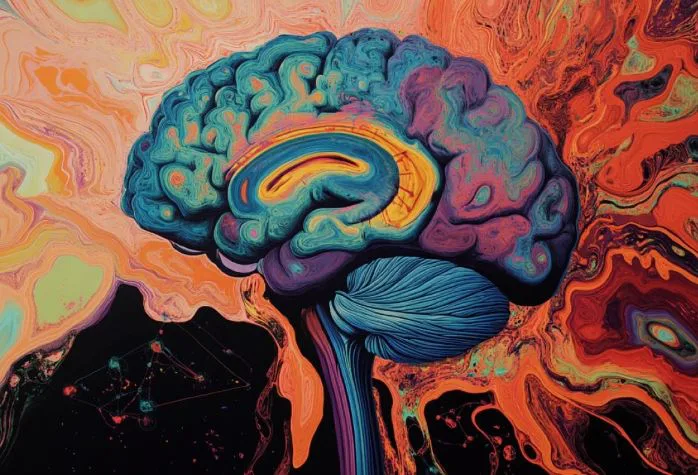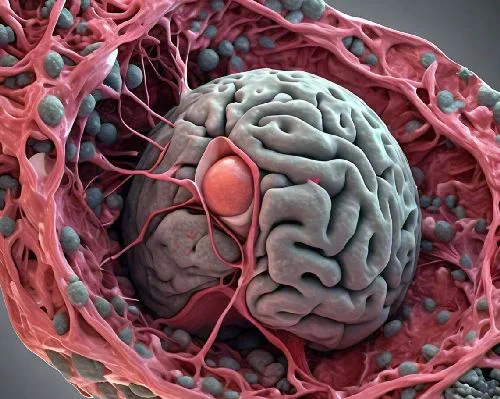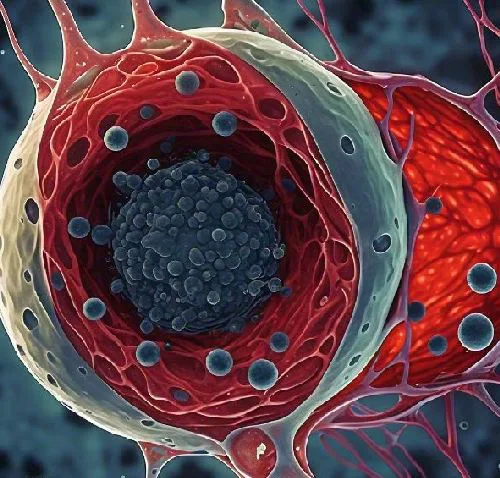Neuroscientists at the University of Pennsylvania have put forth a research as per which excitation of a set of dopamine-sodden neurons within the brain has substantial chances of altering the learning process. These neurons are present in substantia nigra, the grey matter in the midbrain. Stimulating this patch of the brain has resulted in altered learning by swaying people to reiterate physical actions leading to positive reinforcement producing immediate reward.
For the experiment, eleven individuals who were going through deep brain stimulation (DBS) treatment for Parkinson’s disease were taken into consideration. Initially, the participants were asked to play a computer-based game where they were allowed to select object among the displayed options. Various objects carried different reward points. The desired option was made confirmed by pressing buttons provided on the hand held controllers. Receiving an award was made in form of sound of cash register, while the screen showed a green flag. Participants were not aware of which object yield to better reward; all they were asked to do is make a guess derived from their trial and error method.
When stimulation was administrated in the substantia nigra following reward, it was observed that the individuals pressed the button leading to reward even when there was no connection between the award and the button press. This activity resulted in poor performance during the game. Participants who were under the influence of stimulation bore 48 percent accuracy while individuals without any stimulation showed 67 percent of accuracy.
This is for the first time, that dopaminergic neurons in the substainia nigra region of human brain are analyzed, since initial studies were based on animal model. Neurosurgeons envision that this research would help in modifying human behavior especially in addictive behaviors like gambling problems and approaching patients with neurological deficits during the rehabilitation process.
Source: University of Pennsylvania
Image: Drug Addiction Treatment




